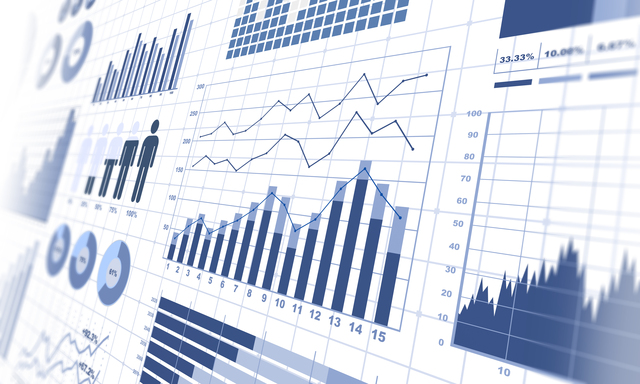TSE Cash Markets
Japan’s Nikkei Stock Average closes above 1989’s all-time high

Japan‘s benchmark Nikkei Stock Average on Thursday closed above its all-time high set in December 1989, just before the country’s economic bubble burst.
The surge signals a possible end to Japan‘s so-called lost decades.
The average rose to 39,098, up 836.52 points, or 2.19% from the previous day’s close, surpassing the all-time closing high of 38,915.87 recorded on Dec. 29, 1989. It was its first gain in four trading days.
The Japanese average rose to 39,156.97 at one point during the afternoon session, also crossing the all-time intraday high of 38,957.44 set on Dec. 28, 1989.
The Nikkei Stock Average has gained 16.8% year to date. It has been one of the top-performing global indexes since last year, when it surged around 30%.
Semiconductor stocks such as equipment makers Tokyo Electron and Advantest led the rally in the broader index, up 4.51% and 5.06% respectively in the morning session on Thursday. U.S. Chipmaker Nvidia said revenue for the November-January quarter more than tripled on the year to $22.1 billion, while net income grew more than eightfold to $12.3 billion. The company has benefited from growing demand for chips used to power artificial intelligence technology.
While Japan lags Taiwan and South Korea in making cutting-edge chips, some companies have a large market share in areas like testing equipment and semiconductor materials. The government is also spending billions of dollars in subsidies to strengthen chipmaking capabilities at home.
The average’s rise has been fueled by global investors, many of whom have entered the market for the first time, lured by corporate governance reforms, a weak yen and a tax-deferred investment program aimed at small investors, the Nippon Individual Savings Account, or NISA.
In January, international investors net purchased 2.07 trillion yen of Japanese stocks, up around fourfold from a year earlier, according to Tokyo Stock Exchange data.
Investors are piling in despite last week’s gross domestic product numbers that showed the country unexpectedly fell into a technical recession in the fourth quarter.
“I’m not all that worried about this current soft patch in the Japanese economy,” said David Chao, global market strategist at Invesco in Singapore. “Consumption is likely to pick up soon driven by faster nominal wage growth and slowing CPI inflation.”
But for the Bank of Japan, the economic slowdown will likely complicate its calculations on when to exit the negative interest rate policy.
Some analysts are pushing back the timeline of a policy change, said Zuhair Khan, senior fund manager at Union Bancaire Privee.
Investors view a longer ultra-low interest rate environment and the weaker yen as a positive for corporate earnings, he said.
“There’s a lot of foreign money that’s interested in investing in Japan, and so this gave them an added confidence that the environment is going to remain stimulative,” he said.
Tomoichiro Kubota, senior market analyst at Matsui Securities, said a shift in geopolitics is also playing a significant factor in the rally.
He said the U.S.‘s “tougher” position on Japan dented investments in the 1990s before China emerged as its new rival in the late 2010s. “The geopolitical headwind for Japan has turned into a tailwind,” he said.
Tatsunori Kawai, chief strategist at au Kabucom Securities, noted that the Nikkei’s price-to-earnings ratio has surpassed 16 times, which is generally considered the upper limit in valuations. “In the short term, there will be an inspection of technical indicators,” he said.
Related links




